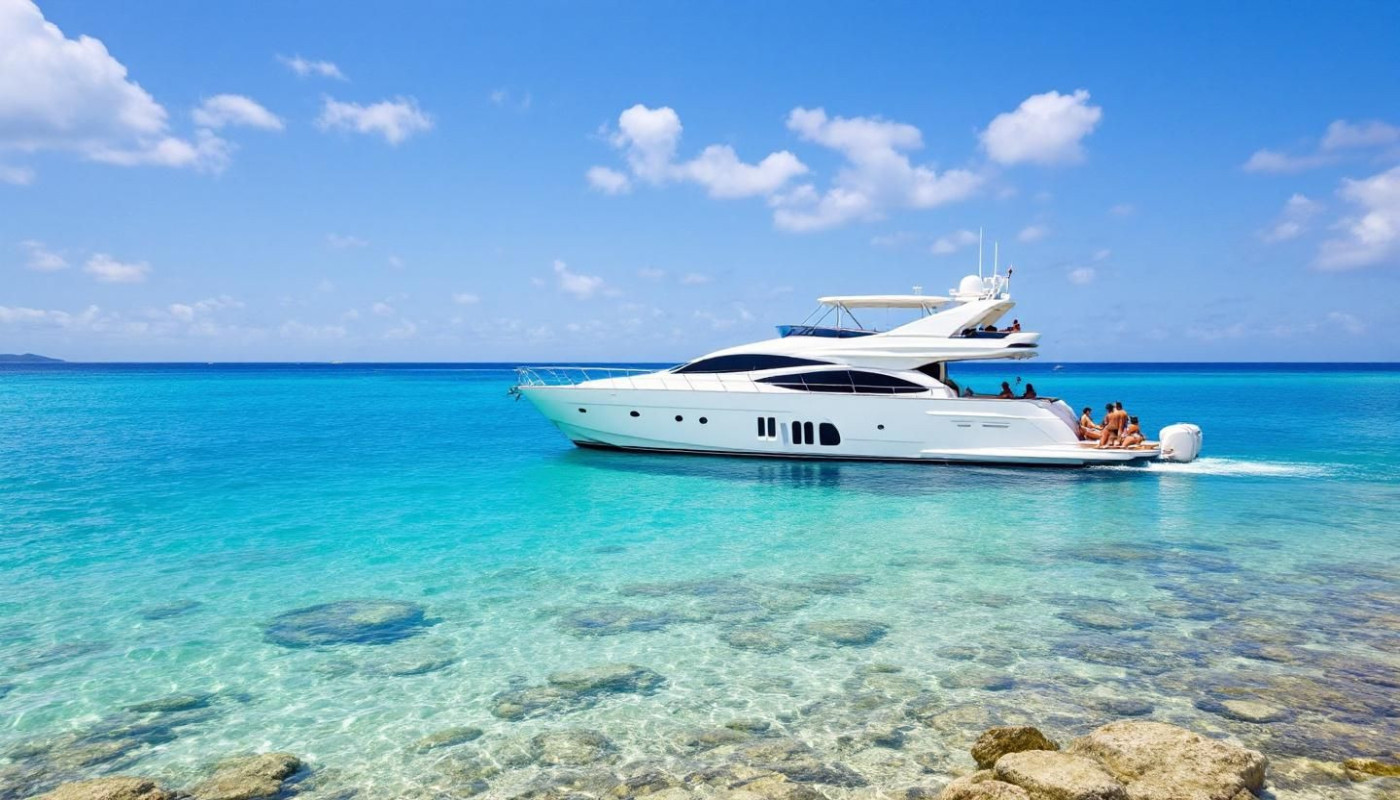Table of contents
Embarking on a journey through Scandinavia offers a rare opportunity to immerse oneself in some of the Earth's most breathtaking landscapes. With a commitment to sustainability and environmental preservation, this northern haven sets a remarkable example of eco-friendly travel. This blog post beckons those yearning to venture beyond the familiar tourist trails to explore sustainable adventures in Scandinavia that honor and protect the natural world.
The Essence of Sustainable Travel
Sustainable travel, a concept that resonates deeply with eco-conscious adventurers, hinges on the delicate balance of environmental, economic, and social considerations. In the pristine expanses of Scandinavia, this philosophy transforms into a tangible commitment to preserving the natural beauty of the region. By actively minimizing one's carbon footprint while exploring fjords, forests, and the northern lights, travelers can ensure that the splendor of these landscapes remains undisturbed. Sustainable tourism not only entails conscientious environmental practices but also includes bolstering local economies. Visitors are encouraged to engage with and purchase from indigenous businesses, fostering a tourism model that benefits residents directly. Additionally, respecting the rich cultural heritage of Scandinavian countries is pivotal; understanding and honoring ancient traditions and customs amplifies the depth of the travel experience. Embracing these foundational principles not only enriches the journey but also secures the longevity of these unique environments and cultures for future generations to appreciate.
Transportation with a Lighter Touch
Exploring Scandinavia's majestic landscapes can be even more rewarding when done in harmony with nature. Eco-friendly transportation options abound in this region, catering to the environmentally conscious traveler. One can easily embrace cycling, a favorite local mode of transport, not only for its health benefits but also for its negligible impact on the environment. Cities such as Copenhagen and Amsterdam are renowned for their bike-friendly infrastructure, making them ideal for those who prefer pedaling over driving. For longer distances, consider electric vehicles, which are increasingly available for rental. These cars run on renewable energy and are a testament to Scandinavia's commitment to sustainability. Public transport in Scandinavia is yet another viable alternative, often powered by clean energy sources. By choosing trains and buses over gas-guzzling private transfers, visitors can significantly reduce their carbon footprint while still basking in the splendor of the Nordic countries. As a sustainable mobility consultant, I can affirm that these transportation choices not only support the environment but also offer a richer, more immersive experience of the Scandinavian way of life.
Accommodation Aligned with Nature
In the verdant expanses of Scandinavia, a surge in eco-lodges and green hotels is reshaping the hospitality landscape, offering travelers environmentally conscious havens that don't skimp on comfort or luxury. These sustainable accommodations are meticulously designed to blend seamlessly into the natural surroundings, with many attaining LEED Certification— a gold standard that denotes adherence to stringent eco-friendly practices and efficient use of resources. Green roofs, solar panels, and geothermal heating systems are a few of the innovative features that enable these retreats to minimize their carbon footprint. Inside, you'll find amenities that eschew single-use plastics for biodegradable materials, and water conservation systems that reflect the establishments' dedication to preserving the pristine Nordic environment. It's a testament to the region's commitment to sustainability and an invitation for travelers to participate in conservation efforts without compromising the quality of their stay.
Conservation in Action: Activities That Give Back
Tourists in Scandinavia have the unique opportunity to immerse themselves in conservation efforts that foster biodiversity and ensure the protection of the region's stunning natural habitats. Engaging in wildlife tours not only provides an intimate encounter with local flora and fauna but also contributes financially to habitat preservation. Many of these tours are operated by organizations that reinvest a portion of their earnings into the environment, thus travelers become benefactors of nature through their participation. Additionally, tourists can join beach clean-ups, a hands-on activity that mitigates the adverse effects of pollution and promotes the health of marine ecosystems. These clean-ups are more than just picking up trash; they're proactive steps towards preserving the region’s picturesque coastlines and safeguarding the habitats of countless marine species. By choosing to engage in such activities, travelers can transform their adventures into meaningful experiences with a tangible environmental impact. Whether contributing to a project coordinated by conservation experts or supporting local initiatives designed to maintain biodiversity, tourists become active participants in Scandinavia's ongoing story of sustainability.
Eating Green: Savoring Sustainable Cuisine
One of the delights of exploring Scandinavia is the opportunity to engage with its sustainable cuisine. Emphasizing the significance of food choices on environmental impact, savvy travelers can dine eco-consciously by prioritizing local produce, organic food, and in-season ingredients. This practice not only supports regional farmers and reduces food miles—the distance food travels from its source to your plate—it also ensures that every meal is imbued with the freshest flavors. Additionally, partaking in the tradition of foraging connects visitors with the land, allowing them to gather wild herbs, berries, and mushrooms under the guidance of knowledgeable locals. By doing so, travelers contribute to the preservation of traditional food-gathering practices and enjoy a truly authentic taste of Scandinavian wilderness.
On the same subject

Essential Tips For First-time Yacht Charterers

Seasonal Sailing Conditions Across The Mediterranean Sea

Geocaching: The Treasure Hunt for Digital Age Tourists

Exploring Boutique Accommodations In The 13th District: Benefits And Services

